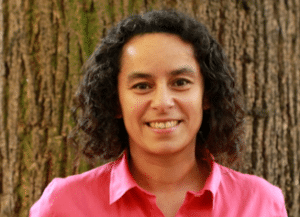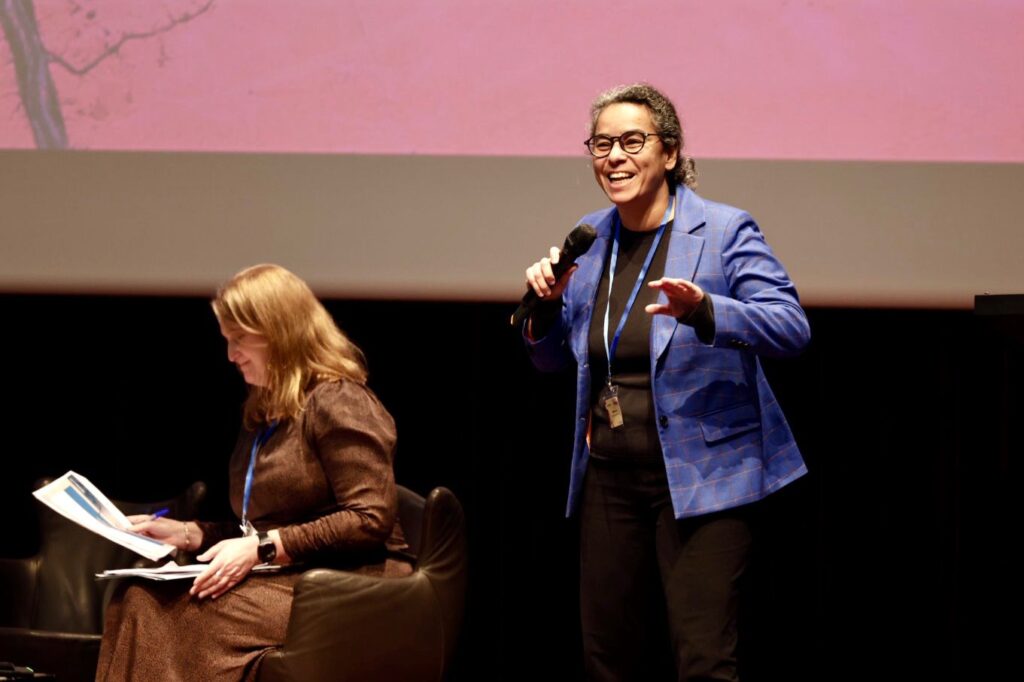The Organisation for Economic Co-operation and Development, OECD estimates that water demand will increase by 55% by 2050 due to growing demand from manufacturing, thermal electricity generation and domestic use. According to the UN, currently, 2.2 billion people around the world do not have safely managed drinking water services, 4.2 billion people do not have safely managed sanitation services, and 3 billion lack basic handwashing facilities.
Since its foundation, the FSR Water area addresses these challenges providing innovative thought, analysis, and discussion of EU regulatory policies and governance in the fields of water.
Did you know…? Women and Water
Women and girls are the primary providers, managers, and users of water; however, women make up less than 17% of the water, sanitation, and hygiene labour force in developing economies and a fraction of the policymakers, regulators, management, and technical experts, according to IWA.
The SDG 5 and SDG 6 goals
Ensuring women’s full and effective participation and equal opportunities for leadership at all levels of decision-making in political, economic and public life is a fundamental target in order to achieve SDG 5 on Gender Equality, as well as an integral factor for the achievement of SDG 6 on Clean Water and Sanitation. I
Initial evidence from the water sector suggests that women’s involvement in the management of water resources and water infrastructure improves efficiency and effectiveness, enhances outputs and improves sustainability.
Women in Water Decision-Making
The OECD Water Governance Programme, the Women for Water Partnership (WfWP) and the German Federal Ministry for Economic Development Cooperation (BMZ) jointly launched a project to develop women inclusive governance guidelines for the water sector.
Learn more about the project and how you can contribute
Meet the new FSR Water Director

Maria Salvetti is the new Head of Florence School of Regulation Water and Waste Area. She has been working as a water economist for the past 18 years in several institutions, and she is particularly committed to increasing gender balance in our activities, as well as investigating the role of women in the water sector.
Find all the publications by Maria Salvetti.
Learn more about FSR Water and Waste






